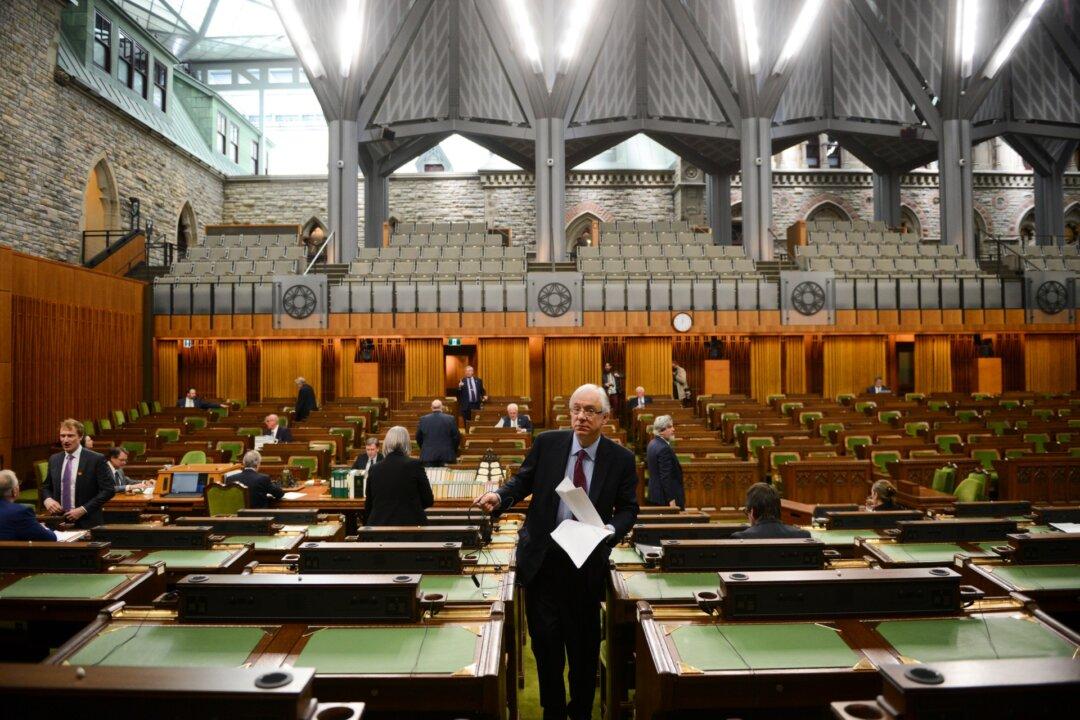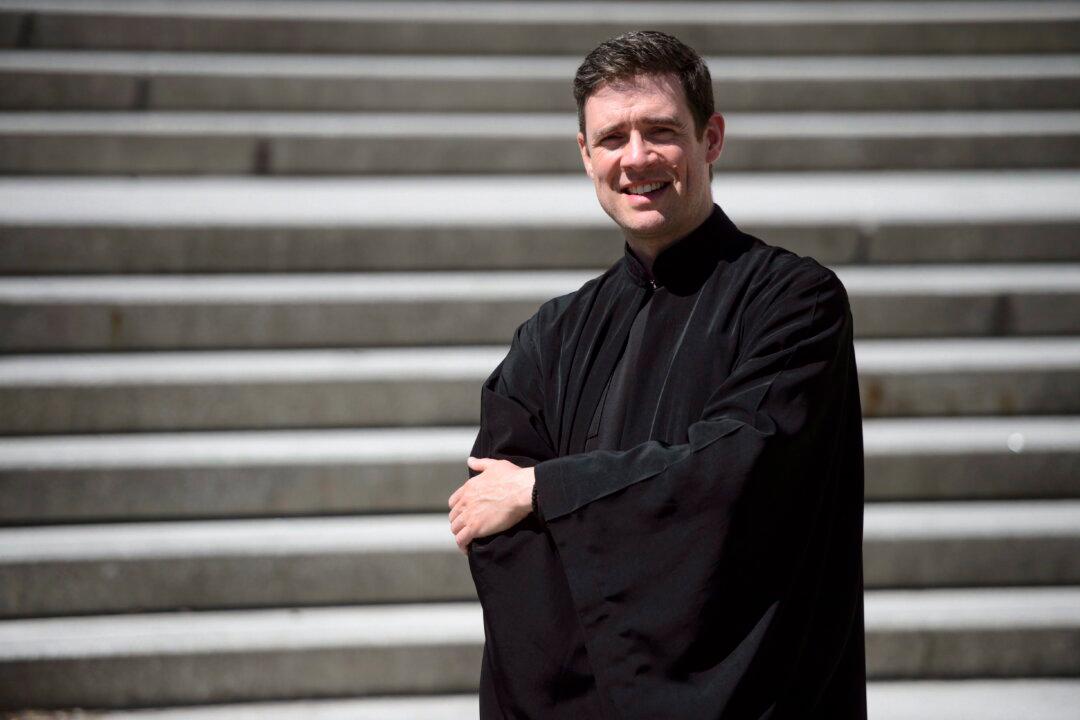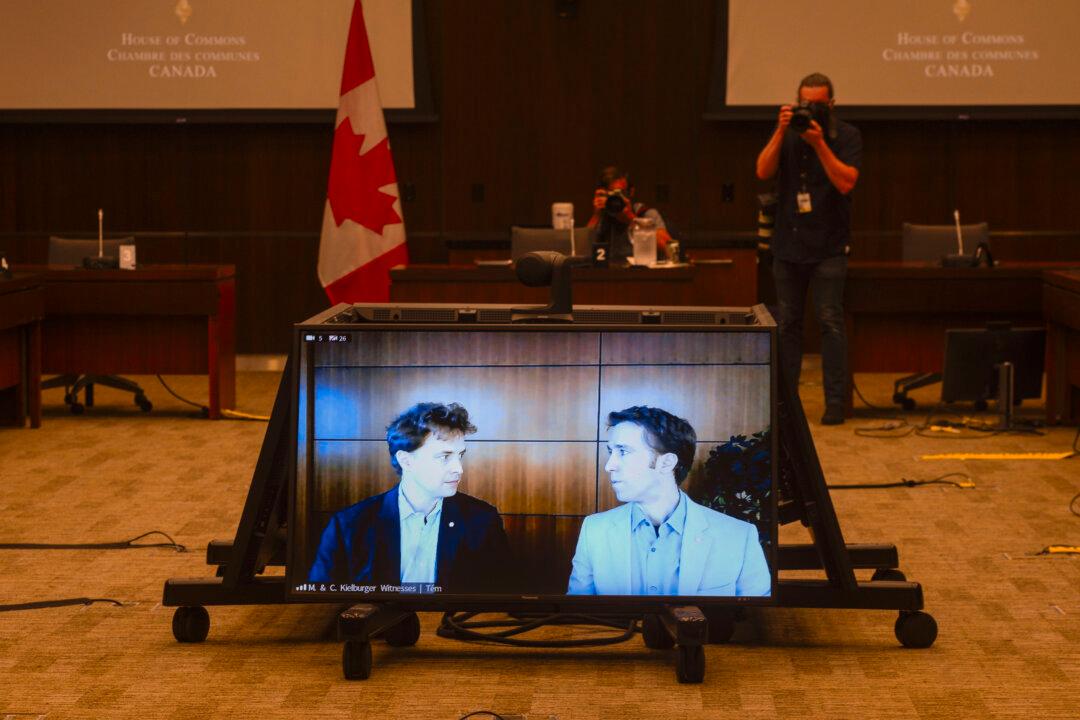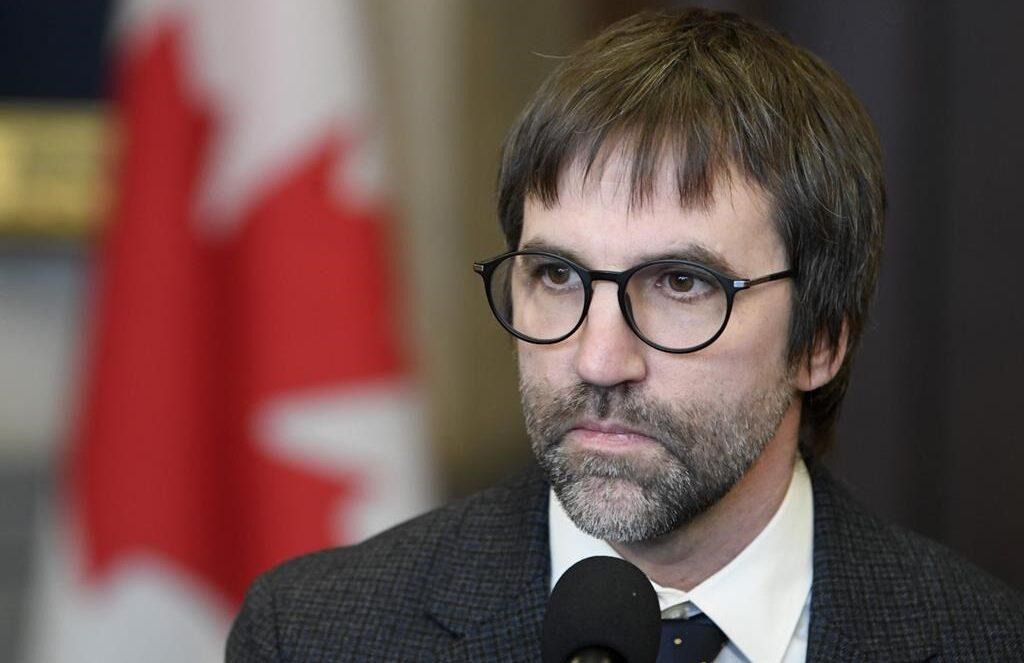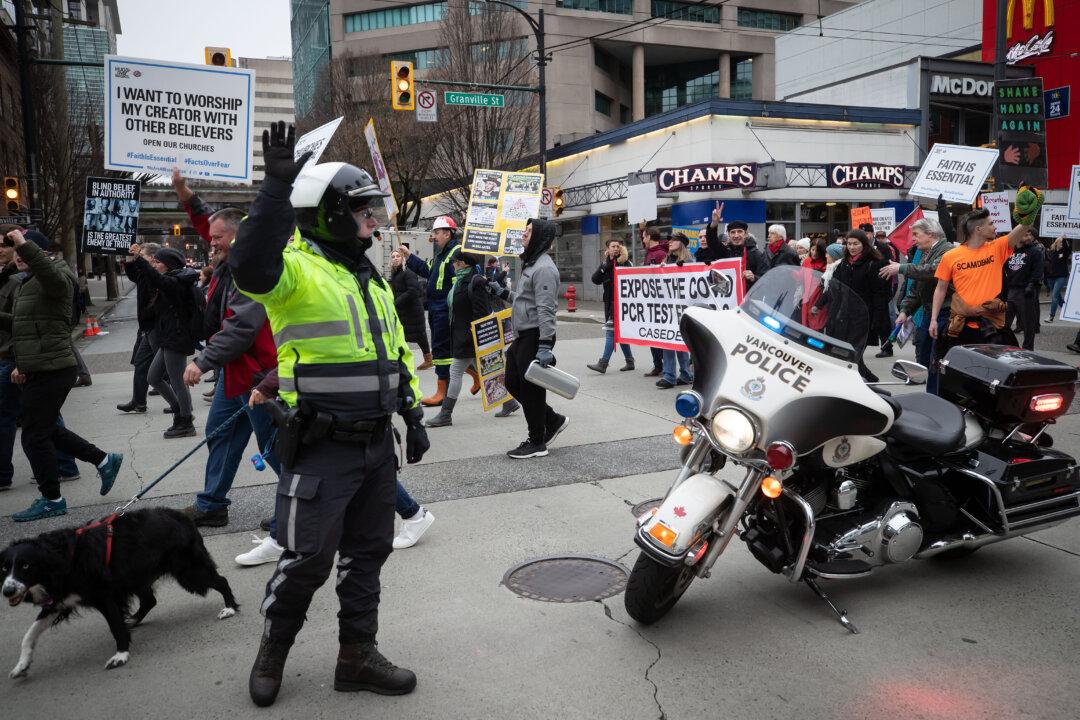The Conservatives pushed back against the Liberals’ proposal to suspend full House of Commons sittings through the summer, as MPs debated how Parliament should function amid the pandemic when they returned to the House on Monday.
The Liberals are proposing four sittings per week of a special COVID-19 committee to talk about the pandemic and how the government is responding to it, using a hybrid system with some MPs in the chamber in Ottawa and others participating by video conference.
